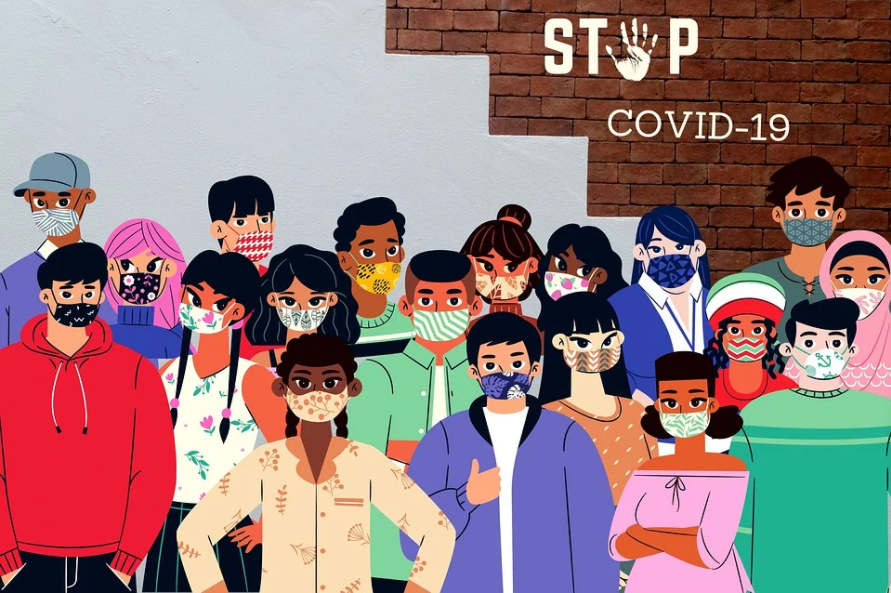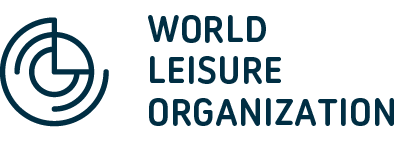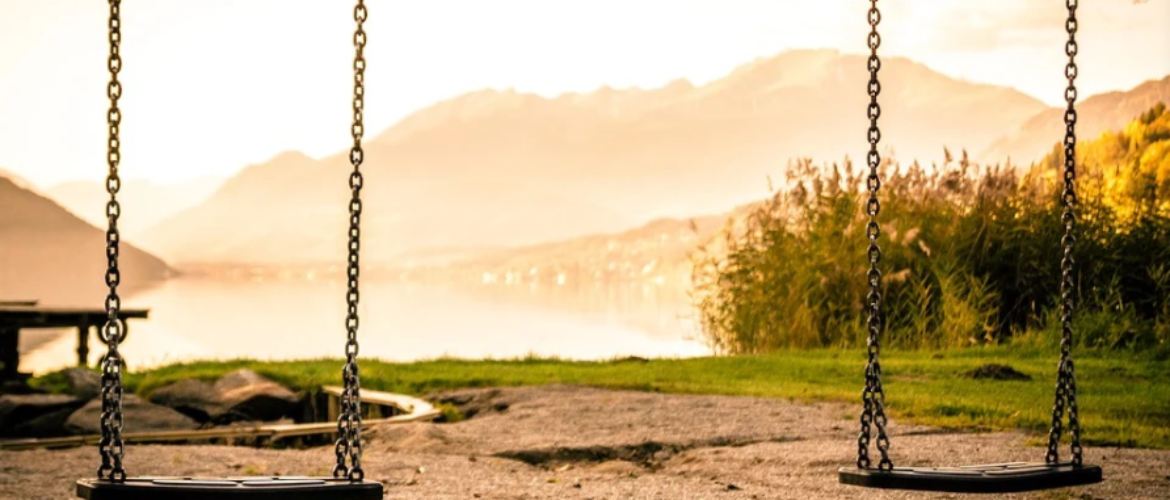By Teresa Freire, chair of WLO SIG on Leisure and Well-being and 2020 SPGs recipient.
The Coronavirus-19 crisis brought to everyday life a handful of unprecedented transformations, which still require further analysis and adaptation. Researchers try to understand the current impacts and anticipate the forthcoming consequences of this crisis through every field of knowledge. Leisure science is no exception. From the closure of cultural and recreational facilities, postponement of festivals and celebrations, constraints to health and fitness activity, and a set of new considerations to take into account when planning touristic events and travels, a new global order may have altered the role of leisure activities, experiences, and contexts in society. At a glance we see children confronted with new approaches to play; adolescents devoided of outside home relationships and activities, some of the most critical tools for growth; adults who struggle with accumulating tasks and mixed routines, while working from home; and older people being challenged with demanding technological skills requirements if needs of social connection are to be accomplished. The pandemic has undoubtedly moved our social lives to an online dimension. Even within smoother sanitation and social distancing measures, forms of interaction and full access to leisure as a primary source of meaningfulness in life and well-being may have been seriously affected.
This scenario is a matter of concern for leisure stakeholders and society in general due to leisure acknowledged association with the concept of positive development along life span while concomitantly contributing to the community and national development, being a central component to global human life. As advocated by the World Leisure Organization (WLO), leisure plays an essential role in providing individual engagement, a sense of belonging, enhancing social relationships, and contributing to the quality of life and well-being.
Besides, we now witness disparate stages of development of the virus in other regions of the world, which reminds us of the pressing need of building the full picture of how leisure is experienced at individual and social levels and how it could be potentialized across different countries.

Although there is still insufficient scientific data from this outbreaking moment concerning leisure concepts and issues, some ideas have been already advanced:
- An analysis from some WLO board members and colleagues initial reflections on the impact of COVID-19 on leisure highlighted seven significant emerging issues: 1) the shift to home-based activities; 2) the proliferation of online offerings and use; 3) the growing need to connect; 4) the inequality accentuated across countries concerning access to technology; 5) the resilience and survival of leisure industry; 6) the growing demand for psychological support, and; 7) the enhanced acts of helping hands and voluntarism (Sivan, 2020);
- Research from The Netherlands suggests focusing on the leisure experience to support the leisure industry with evidence-based knowledge on how to create safe and enjoyable experiences (van Leeuwen et al., 2020);
- Data from South Africa stress the need of developing policies and practices for leisure, tourism, culture, sports, events, and social businesses, where contact and/or masses of people are involved (Young, 2020);
- The main conclusions emerging from research concerning the socio-economic impact of the COVID-19 pandemic on nature-based programs in the educational, therapeutic, training and leisure areas show the need for social and institutional acknowledgement of nature-based programs and the necessity of more systematic funding (Borelli, Gigli and Melotti, 2020);
- Some reflections on cultural leisure through Covid-19 pandemics underline that digital initiatives seem to indicate the way forward as a new form of culture consumption (Marques & Giolo, 2020);
- Considerations on what needs to be accounted in future research brings to light the call on developing a home-bound optimal leisure lifestyle (Dieser, 2020) and the re-appraisal of leisure practices, considering previously neglected features as, for instance, environmental sustainability (Lashua, Johnson & Perry, 2020);
- Questions on how to sustain developmentally oriented forms of youth leisure in times of crisis and how to support youth with few resources (Ettekal & Agans, 2020) are emerging from out-of-school time programs disruption during the pandemics;
- Recognition of this period as an opportunity to start a new era of leisure research and methodologies to capture what is new or what we need to rebuild in life and positive leisure science (Freire, 2020).
In this line of thought, we encounter a joint endeavor between the needs that have emerged from the pandemics and the urgency to (re)conceptualize leisure in this context: promoting well-being and reestablishing desirable quality of life levels and sustainable development.
To overcome these challenges, our SIG Well-Being and Leisure has proposed, under 2020 Strategic Priorities Grant, a research project entitled “Leisure and well-being across countries in the era of coronavirus19: Trends and applications”. This project aims to collect data on leisure and well-being across ages and countries, considering the course of events brought about by Covid19, with the overall purpose of bringing forward trends and applications that may determine a new or revised framework in the leisure field, considering leisure activities, experiences and contexts. We aim to understand and (re)build a (new) era of leisure research and methodologies, highlighting new concepts, perspectives, actors, and guidelines in a shared effort to reestablish leisure as a force for human growth and development, capable of improving well-being and quality of life for all. We are also aware that, being the current coronavirus crisis the focus and trigger of this research and keeping in mind leisure (re)conceptualization, other defiant issues with a less tangible impact so far on leisure field, such as sustainable growth, climate change, social inequalities, among others, may join this fray and so we aim to draw guidelines that already consider clues to anticipate the full range of global challenges that may come in the way in near future or set off new avenues of investigation.
In accordance, the aims of this project are as following:
- To produce scientific knowledge (on leisure and WB) to support research, advocacy, knowledge transfer, and education, as stated in the WLO’s mission;
- To know about the pandemic period and post-pandemic variables of leisure and variables related to WB (psychological variables);
- To collect data from different countries and age samples that may help researchers, practitioners, and key stakeholders in the field of leisure (re)building a (new) paradigm, adapt to current challenges and face upcoming social situations, interpersonal relationships and experiences;
- To provide comparison analysis (between countries, ages, etc), making use of data analysis/data science to know about patterns and individual differences;
- To explore practices and experiences within different countries, discussing culture and science concerning leisure and well-being;
- To develop new synergies and contribute to the growth of the extended networks (inside WLO, academic settings or in the community);
- To build international networks to share and discuss instruments and/or other resources;
- To conclude, trends, applications, and guidelines contributing to new opportunities for enhancing WB through leisure worldwide.
Considering that this project arises from common concerns from WLO members in the most recent gatherings, we intend to merge all possible inputs from inside the organization and potential partners in the scientific field community. In this sense, we want to create a task force integrating the WLO SIGs. This task force’s mission will be contributing to the project design development, using SIG’s specific and valuable inputs. The WLO will support the whole project, and we will invite all members to participate according to the defined aims and tasks along time. Finally, we also foresee to promote some events targeted to assure continuous advocacy of the progressively attained conclusions among a more general audience, contributing to raising the profile of leisure and WLO’s mission in public policy.
References
Borelli, C., Gigli, A. & Melotti, G. (2020). The impact of COVID-19 pandemic on italian nature-based programs in the educational, therapeutic, training and leisure áreas. Education Sciences, 10 (12), 394.doi: https://doi.org/10.3390/educsci10120394
Dieser, R. B. (2020). Coronavirus pause: People need people, but it’s risky to resume social activities so soon. Retrieved from: https://eu.usatoday.com/story/opinion/ 2020/05/08/coronavirus-too-risky-to-reopen-stop-social-distancing-column/3089745001/
Ettekal, A. V. & Agans, J. P. (2020). Positive youth development through leisure: Confronting the Covid-19 pandemic. Journal of Youth Development, 15 (2), 1-20. doi: https://doi.org/10.5195/jyd.2020.962.
Freire, T. (2020). Living leisure experiences pre, during, and post COVID-19 outbreak: Are there new research trends? Retrieved from: https://www.worldleisure.org/living-leisure-experiences-pre-during-and-post-covid-19-outbreak-are-there-new-research-trends/
Lashua, B., Johnson, C. W & Parry, D. C. (2020). Leisure in the time of Coronavirus: A rapid response special issue. Leisure Sciences, doi: https://doi.org/10.1080/01490400.2020.1774827
Marques, L. & Giolo, G. (2020). Cultural leisure in the time of COVID-19: Impressions from the Netherlands. World Leisure Journal, 62 (4), 344-348. doi: https://doi.org/10.1080/16078055.2020.1825256
Sivan, A. (2020). Reflection on leisure during COVID-19. World Leisure Journal, 62 (4), 296-299. doi: https://doi.org/10.1080/16078055.2020.1825260
Van Leeuwen, M.,Klerks, Y., Bargeman, B., Heslinga, J. & Bastiaansen, M. (2020). Leisure will not be locked down: Insights on leisure and COVID-19 from the Netherlands. World Leisure Journal, 62 (4), 339-343. doi: https://doi.org/10.1080/16078055.2020.1825255
Young. M.E.M. (2020). Leisure pursuits in South Africa as observed during the COVID-19 pandemic. World Leisure Journal, 62 (4), 331-335. doi: https://doi.org/10.1080/16078055.2020.1825252




